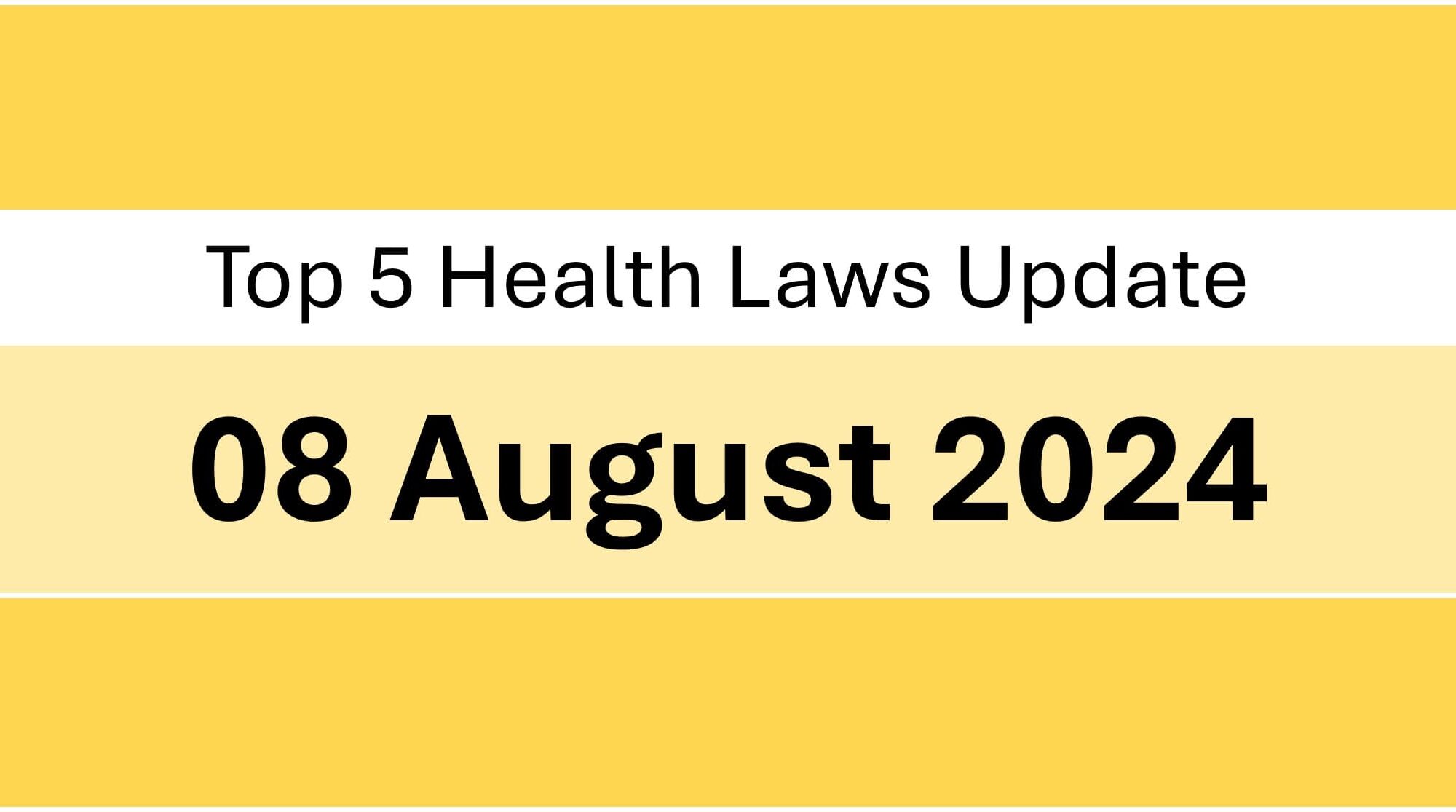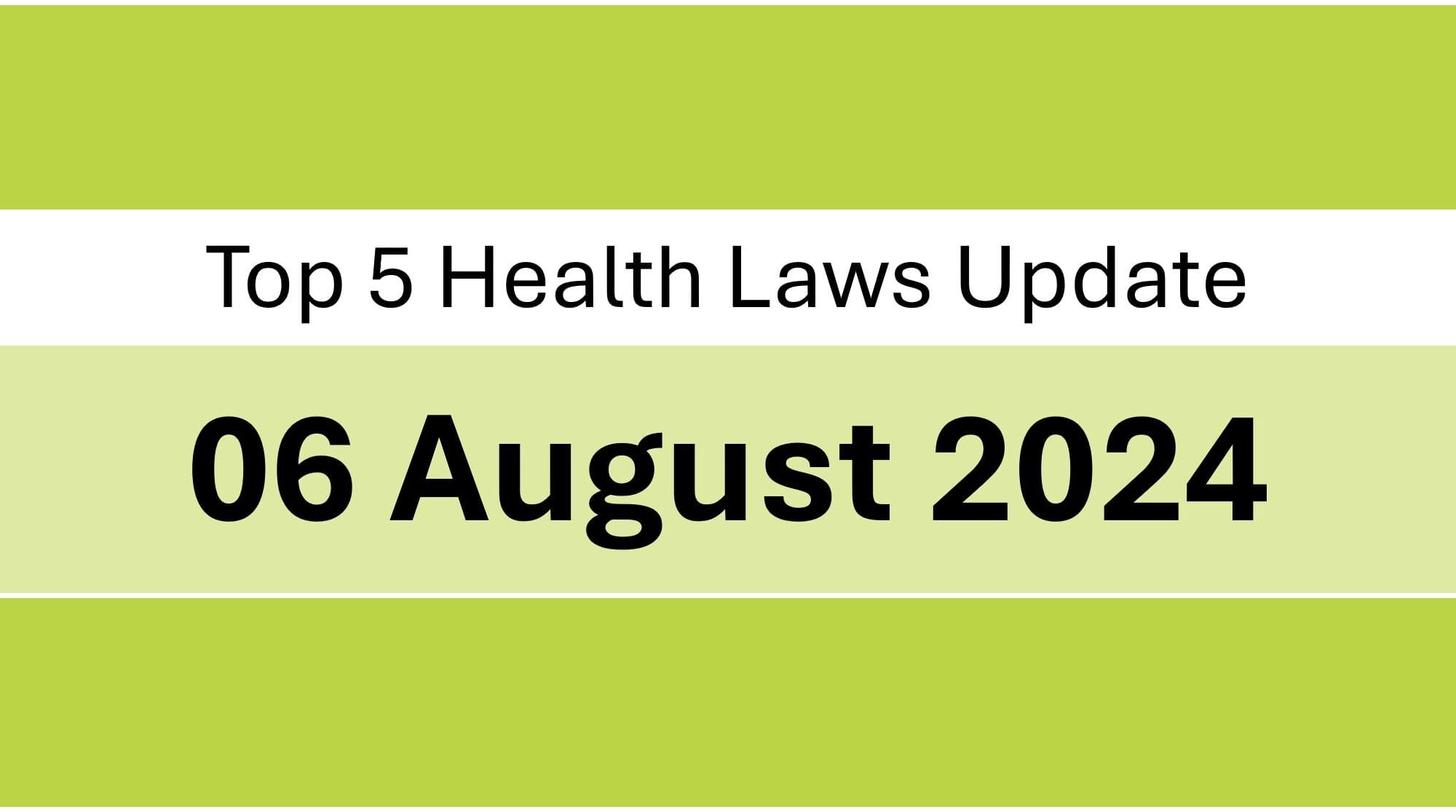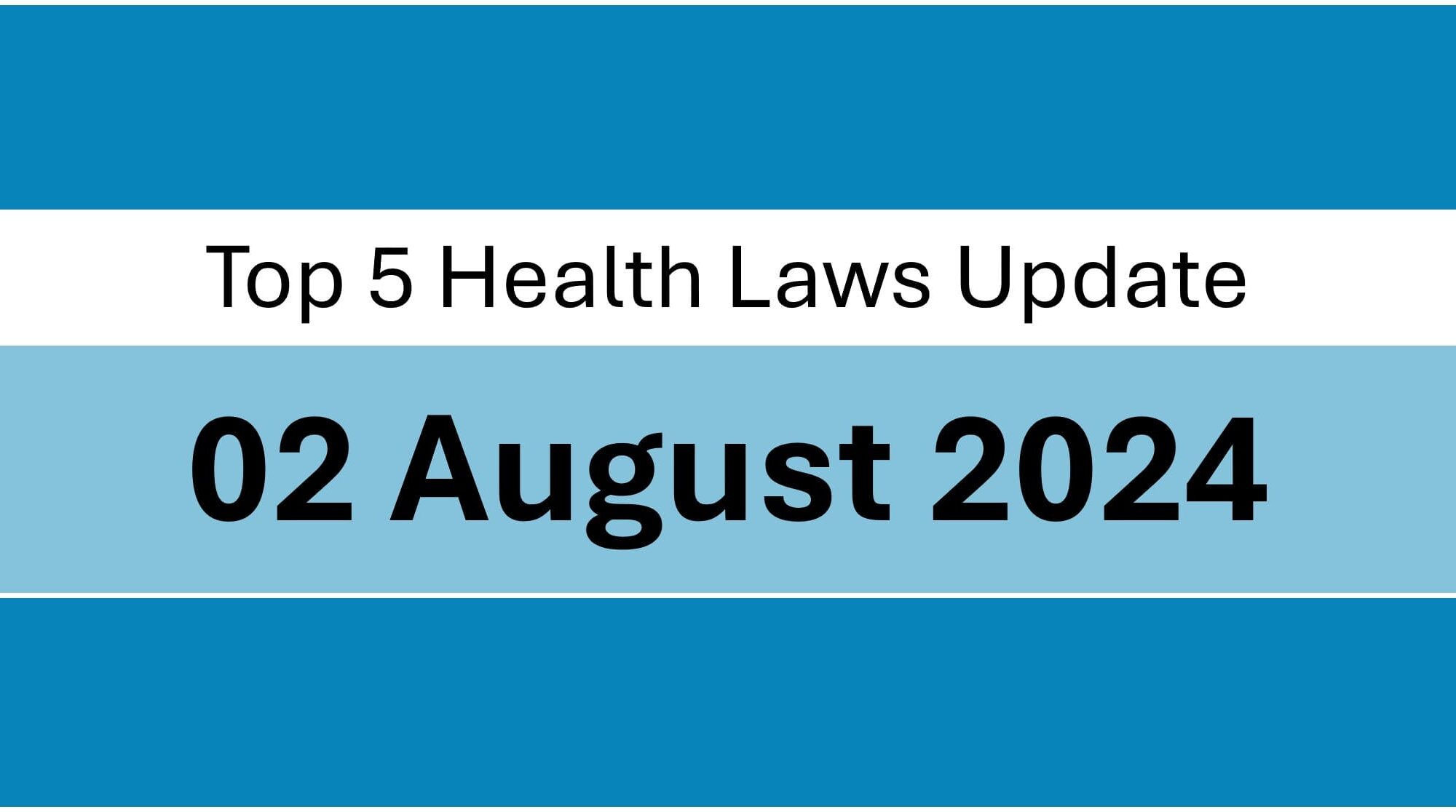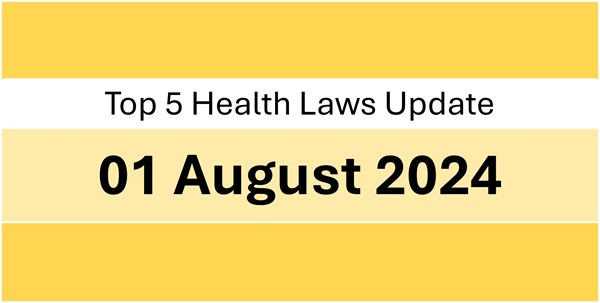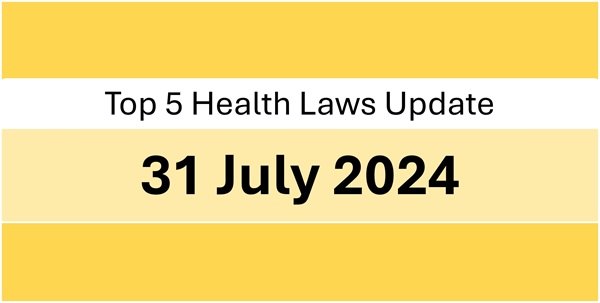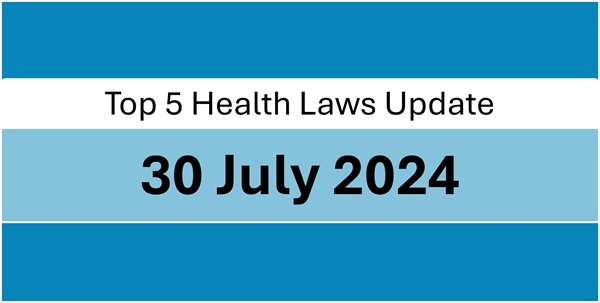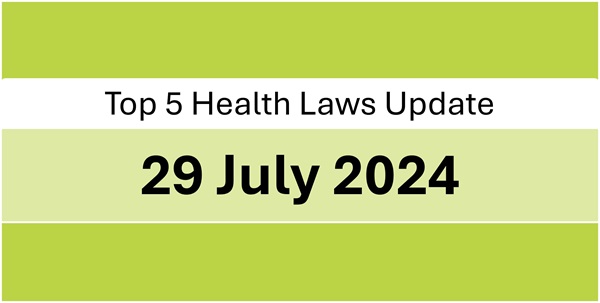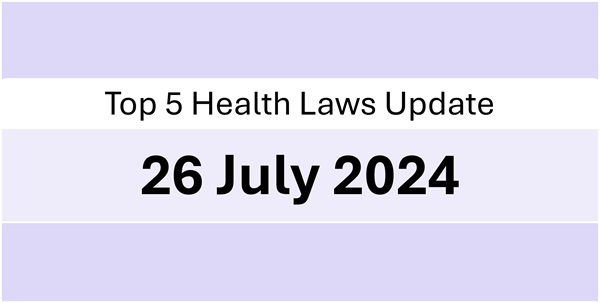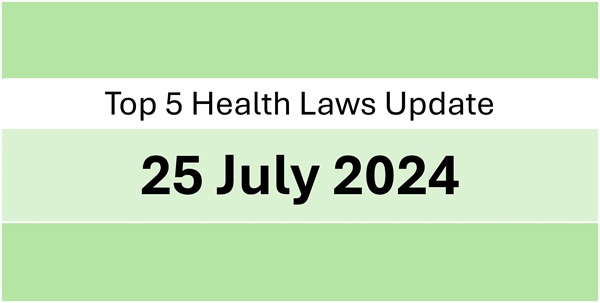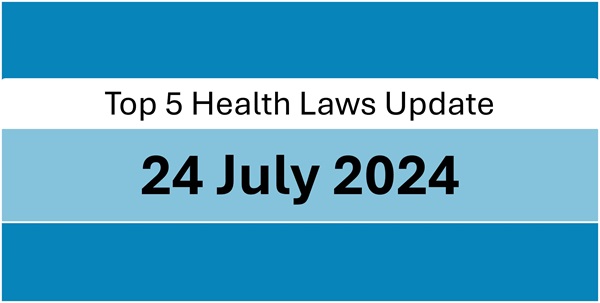Dear Reader, we are happy to share the most interesting legal and policy updates concerning health industry that we read today. We hope you enjoy reading it.
1. Doctors can sell medicines to their patients without obtaining a separate license for selling drugs after complying with all the conditions specified under the Drugs Rules, 1945: Bombay High Court
Source: bit.ly/4cqy94s
2. Drugs which are approved in USA, UK, Japan, Australia, Canada and EU have been exempt from requirement to conduct clinical trials in India before securing a marketing approval, if they fall into the categories of Orphan Drugs for Rare Diseases, Gene and Cellular Therapy Products, New Drugs used in Pandemic Situations, New Drugs for Special Defense Purposes, and New Drugs that represent a significant therapeutic advance.
Source: bit.ly/4cmWZ4W
3. India’s Central Drug Regulator (CDSCO) has made it mandatory to follow WHO Technical Report Series (TRS) guidelines in so far as they relate to Good Manufacturing Practices, such as the “WHO Good Manufacturing Practices for Sterile Pharmaceutical Products.”
Source: bit.ly/3yyC4y6
4. India’s Central Government is reportedly planning to introduce a separate marketing practices code for medical devices. The proposed code aims to establish a voluntary framework to regulate marketing practices within the medical devices industry.
Source: bit.ly/4dvF6BY
5. Indian Government has revised hazardous residue standards for fruits and vegetables meant for domestic consumption and introduced new hazardous residue standards for fruits and vegetables meant for export purposes. Fruits and vegetables meant for export should comply with standards set by the Codex Alimentarius Commission or the importing country’s requirements.
Source: bit.ly/4fDKLYM

